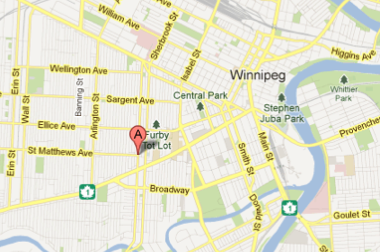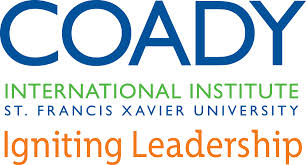 Please note:
Please note: this teleseminar is part of the
Spring of Sustainability, a nine-week virtual gathering of sustainability leaders and innovators. Registration is free and gets you access to all nine weeks worth of online events.
Learn about innovative models for building resilient local economies - including Transition Network's REconomy Project and Transition Colorado's Local Food Shift.
Speakers:
- Fiona Ward: REconomy Project for the Transition Network
- Michael Brownlee: Co-founder of Local Food Shift and Transition Colorado
- Michelle Long: Executive Director of the Business Alliance for Local Living Economies
- Mickki Langston: Executive Director of Mile High Business Alliance
- Hosted by Steven Motenko
Fiona Ward leads the REconomy Project for the Transition Network, exploring how communities can transform their own economic destiny. She developed the Economic Evaluation process that some Transition towns are using to build local partnerships, quantify local market potential, create new livelihoods and enterprises, and redefine the purpose of the local economy to be one that that contributes to growth in wellbeing for all. The REconomy Project contributed to the Transition Network being awarded the European Economic and Social Committee Civil Society Prize in 2013. She also set up and ran the Transition Streets project for Transition Town Totnes, which won the Ashden Award for Behaviour Change in 2011. Both projects are now being replicated by Transition Towns around the world. Fiona's background is in running large projects in the private sector – over the last 20 years or so she has worked with companies of all shapes and sizes to define and deliver business transformation strategies. After realising that these kinds of transformations weren't generally what served the greater good (or her own!), Fiona moved from London to South Devon in 2006 just as Transition was coming into being - a fantastic piece of good timing!
A catalyst for food localization, Michael Brownlee is co-founder Transition Colorado, the first officially-recognized Transition Initiative in North America.The mission of this 501c3 non-profit organization is to build community resilience and self-reliance and to strengthen local economies through localizing the food supply. Michael is the architect behind the Local Food Shift campaign to localize regional food and farming systems, beginning in the Colorado Front Range, and is the editor and publisher of Thinking Like a Foodshed, a regional educational magazine. In response to the devastating September 2013 flood in Northern Colorado, his organization is currently organizing efforts to build a permanent relief fund to support local food producers in times of floods, fires and other disasters. He is also Manager of Localization Partners LLC, a company investing in local food and farming enterprises utilizing Slow Money principles and ethics.
Michelle Long is the executive director of the Business Alliance for Local Living Economies (BALLE). Founded in 2001, BALLE is amplifying and accelerating the enormous awakening energy directed toward local economies. Seeing local, independently owned businesses as the key to solving our communities’ toughest challenges and to creating real prosperity, BALLE connects visionary local leaders so they can find inspiration and support, and promotes the most innovative business models for creating healthier, sustainable, and prosperous communities. With a growing network of 30,000 local entrepreneurs spanning 80 communities, BALLE is leveraging the collective voice of this movement to drive new investment, scale the best solutions, and harness the power of local, independently owned business to transform the communities where we work and live. Before BALLE, Michelle co-founded and was executive director of Sustainable Connections in Bellingham, Washington—one of BALLE's first member business networks. Its membership, now comprised of 700 locally owned businesses, has made Bellingham into what NPR Marketplace called the “epicenter of a new economic model.” Michelle was named one of the West Coast's "top five leading ladies of sustainability" by the Sustainable Industries Journal. A regular keynote speaker, she is also the co-author of Local First: A How-to Guide and the author of the new Building a Community of Businesses: A BALLE Business Network How-to Kit.
Originally hailing from Southwest Kansas' rural ranching and agriculture community, Mickki Langston has called Colorado home since 1999. Recognizing the need to reclaim our power to envision, create and share community wealth, Mickki co-founded the Mile High Business Alliance in 2007. Currently serving as Executive Director, Mickki combines her passion for healthy communities with her varied experience as a small business owner. Over time, her role at MHBA has evolved to one of advocacy on behalf of small businesses, collaboration-building with local partners, and empowerment of MHBA's small-but-mighty staff. Her leadership supports the fulfillment of the business alliance's mission to build a more resilient, connected and healthy local economy. Mickki lives in the Baker neighborhood of Denver where she gets to frequent unique local businesses, grow a few vegetables and nurture her other passions, including cooking great dinners and making homemade maraschino cherries.
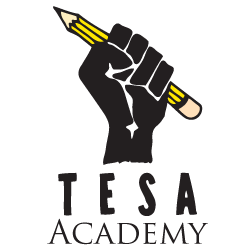
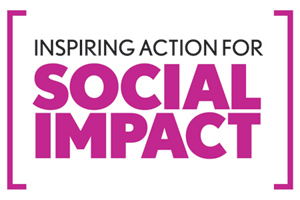
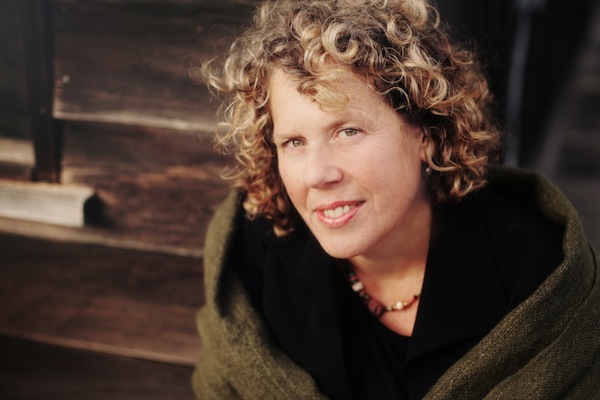

 Please note: this teleseminar is part of the
Please note: this teleseminar is part of the 
